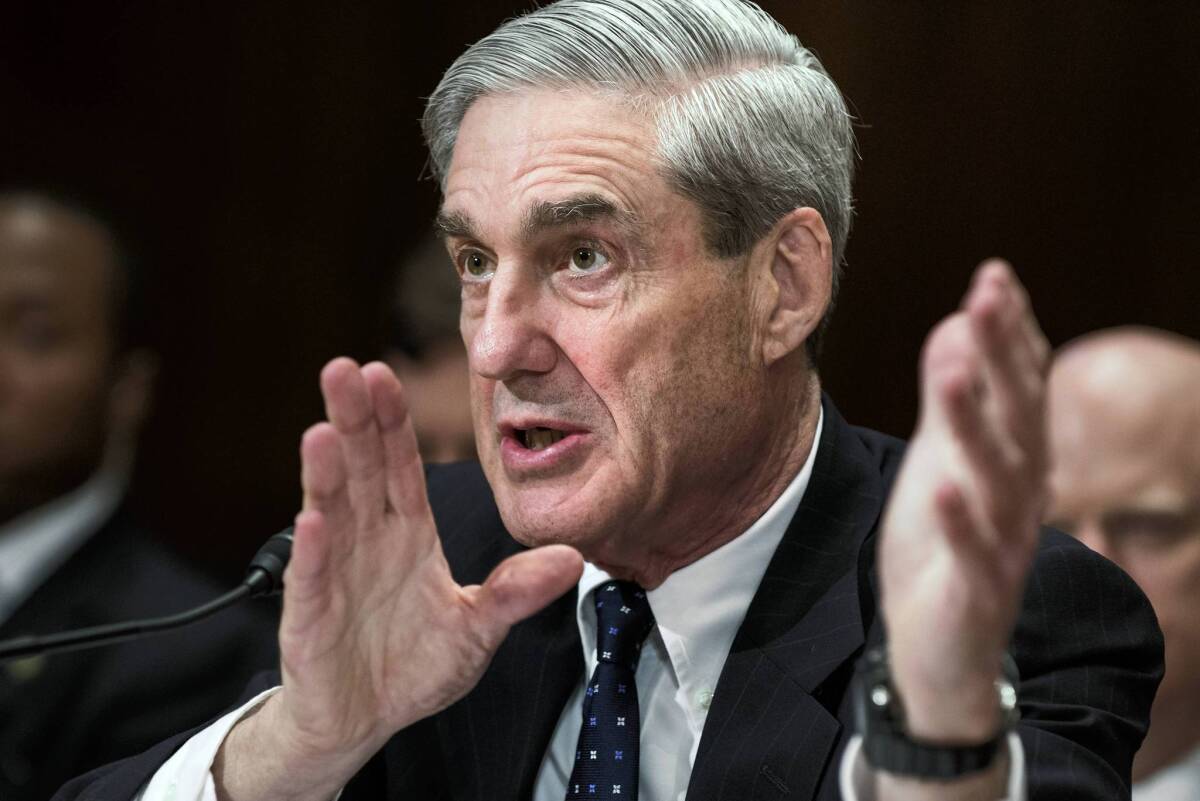FBI chief concedes lapses on accused Boston bomber

- Share via
WASHINGTON — The head of the FBI said Thursday that there were lapses in tracking accused Boston bomber Tamerlan Tsarnaev’s visit to Russia last year, saying that U.S. security officials failed to act on “text” alerts to a U.S. Customs agent about his trip.
The inaction came after U.S. officials interviewed Tsarnaev and his parents about Russian concerns that he was traveling there “intent on returning and perhaps participating in jihad,” FBI Director Robert S. Mueller III said.
Mueller told a Senate appropriations subcommittee that in March 2011, Russian authorities asked the U.S. for a background assessment on Tsarnaev and his mother.
He said the FBI assigned a “very good” agent to conduct a background check on Tsarnaev, review his college records and interview him and his parents. Also, Mueller said, “based on the leads we got from the Russians, we found no ties to terrorism.”
In August, the FBI told the Russians that it had found nothing. The Russians, however, never told the U.S. why they suspected Tsarnaev.
“So the assessment was closed,” Mueller said.
The Russians also asked for any notification if Tsarnaev left the country. He visited Russia between January and July 2012. However, Mueller said, federal law enforcement officials failed to follow up on that trip, and “no action was taken” to further investigate Tsarnaev, even though officials had received text messages from a database about Tsarnaev’s travel.
“It may well have been because of the numerous inquiries we handle,” Mueller said. “But to the extent that we go back and look and scrub and see what we could have done better, this is an area we are looking at.”
Several days after the April 15 Boston Marathon bombings, Tsarnaev was killed in a shootout with police and his younger brother, Dzhokhar, was arrested.
Mueller also disclosed that federal law enforcement officials “very quickly” knew the type and makeup of the two bombs. “We had bomb techs out there,” he said. “We flew down to our laboratory pieces of fragments of the bombs as we picked them up.”
He added: “Within 24, 48 hours, we had identified the mechanism, the containers, the kind of black powder and the like that were utilized and were then tracing the various components, such as the pressure cookers, to determine who had purchased them where.
“They then put together intelligence bulletins to provide the intelligence to others around the country as to what was seen in hopes that we would not see another one.”
More to Read
Sign up for Essential California
The most important California stories and recommendations in your inbox every morning.
You may occasionally receive promotional content from the Los Angeles Times.











